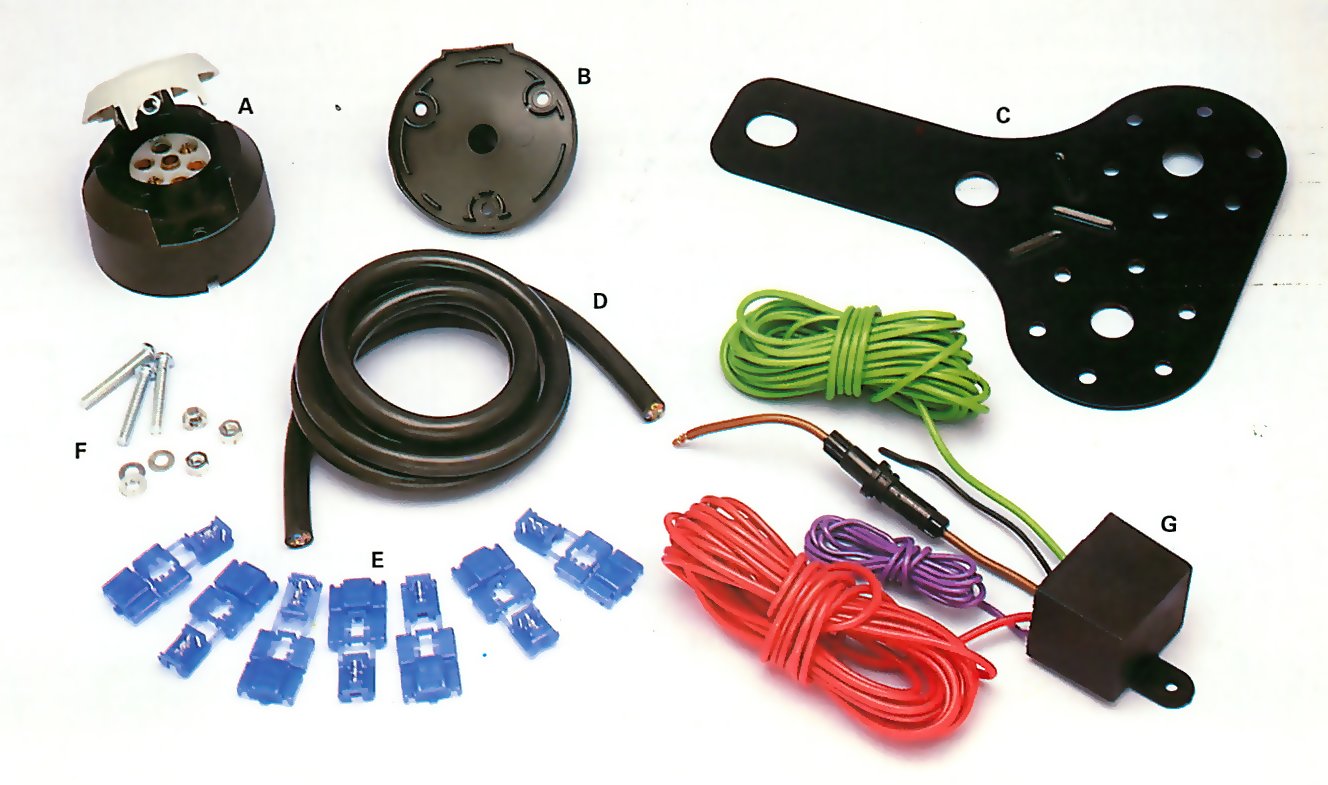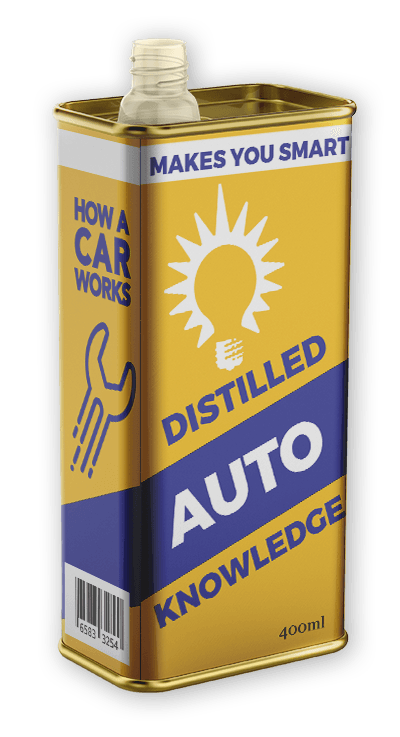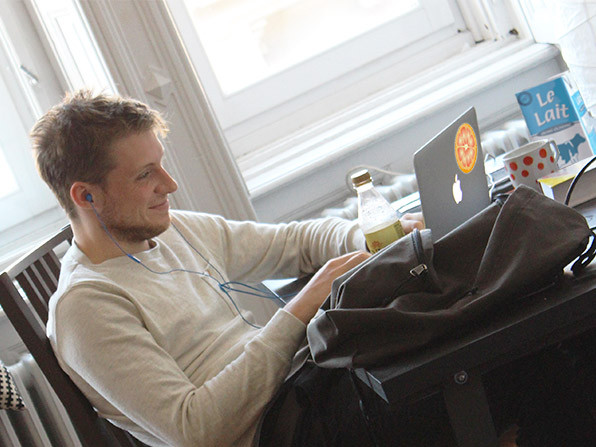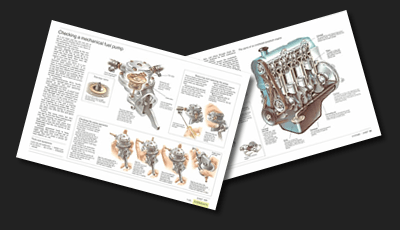
Vous pourriez avoir besoin de
Supplementary towing socket kit
This Ring Automotive supplementary towing socket kit is typical of those you can buy in an accessory shop.
This kit includes: A 12S socket Socket sealing grommet C Mounting bracket .7-core wiring Electrical connectors F Socket bolts The combination relay (G) for charging an auxiliary battery can be bought separately.
A caravan or trailer must, by law, be fitted with certain warning lights. These are wired up to a standard plug socket called a 12N socket which provides a 12 volt supply to power the indicators, stop lights, tail-lights, number-plate illumination and fog lights.
While the 12N socket is adequate for operating the obligatory lights, you may want to run power from the car for other, non-essential accessories such as reversing lights. A caravan without its own battery may also need extra power for interior lights, a refrigerator or a water pump. For this you need an extra towing socket.
Supplement
This video course is the best way to learn everything about cars.
Three hours of instruction available right now, and many more hours in production.
- 4K HD with full subtitles
- Complete disassembly of a sports car
The extra socket that is fitted to the car to provide the power needed for these additional items is known as a supplementary or 12S socket. It is fitted near to the original socket and, like the original one, has a seven pin connection inside. You can identify the supplementary sockets by their grey or white caps.
The standard sockets have black caps.
If you are fitting a tow bar, and you intend towing a caravan, it is worth while fitting both types of socket.
You can buy both ordinary 12N sockets and supplementary 12S ones in the form of a complete kit from an accessory shop or towing specialist. The kit should include all the items you need to fit the socket to the car such as mounting brackets, wiring, weatherseals, indicator relay, dash-mounted warning light and securing screws.
Relay
Combination relay
If your caravan has a built-in battery you need some way of keeping it charged up. You can, of course, plug in a mains battery charger if there is a convenient supply, but another option is to fit a special combination relay that is connected into the car's charging circuit. This allows the car's generator to charge the auxiliary battery.
12S Connections
The international code for the supplementary towing socket is:
1 (L) Yellow— reverse light
2 (54G) Blue—spare
3 (31) White— earth
4 (R) Green — accessories or battery
5 (58R) Brown —warning light
6 (54) Red — refrigerator only
7 (58L) Black— spare
2. Extra bracket
If you are fitting the 12S socket in addition to the 12N unit you will need to fit an extra mounting bracket. Refer to the instructions and fit the bracket under the tow ball unit. If you are fitting both types of socket mount the double bracket to the towbar.
3. Socket wiring
To wire up the 12N socket, see Projects 15. The 12S socket is wired in the same way. Strip back about 40mm of outer insulation from the cable and bare the seven wires back about 1/4in (6mm) each. Follow the code in step 1 and connect the wires to their respective terminals in the socket.
4. Attach socket
When the unit has been wired up, fit the weatherseal to the back of the socket, then fit the entire assembly to the mounting bracket. Align the screw holes in the socket with those in the bracket. Fit the securing bolts into the socket, fit and tighten the nuts at the back of the unit. Run the wire into the boot.
5. Wire up feed
The yellow wire, pin 1, connects to the car's reversing light circuit. Blue and black wires, pins 2 and 7, are not used. The brown wire, pin 5, is used for a warning light supplied with some caravans for dangers such as lowered support legs and handbrakes. To wire the red and green wires, pins 4 and 6, see sideline.
6. Wire to earth
The earth wire is the white wire connected to pin 3. Run the wire to a suitable point on the body of the car. Fit a ring connector to the end of the wire and find an existing earth point or drill a hole and fix the wire with a self-tapping screw. Make sure the earth connection is tight.




